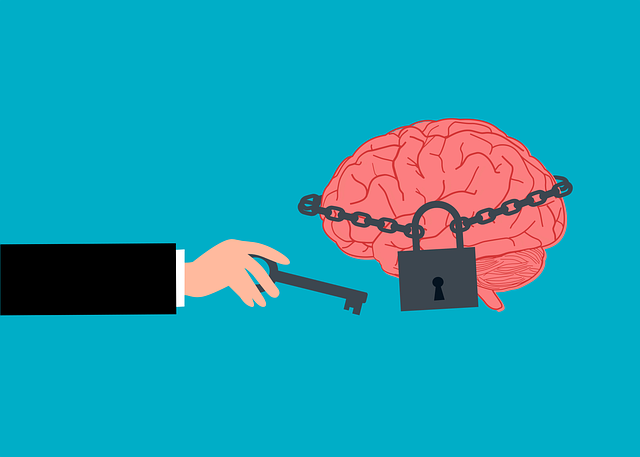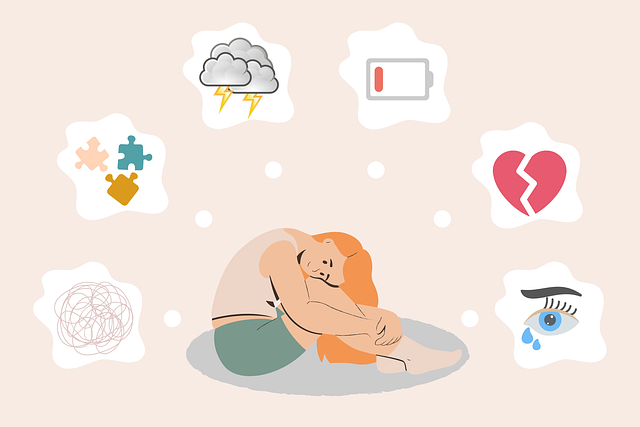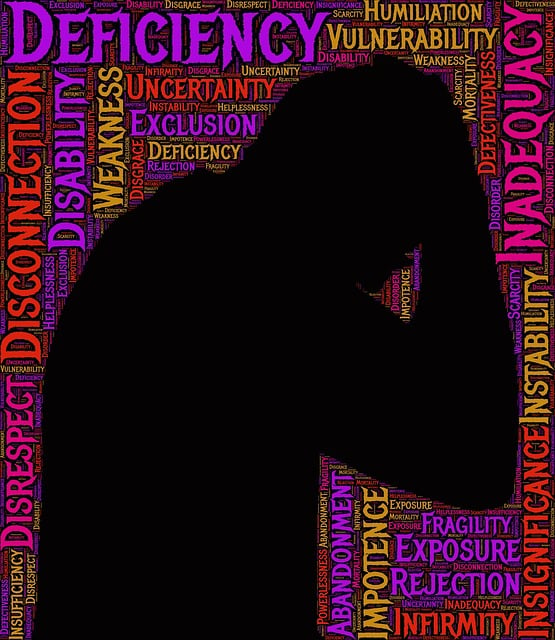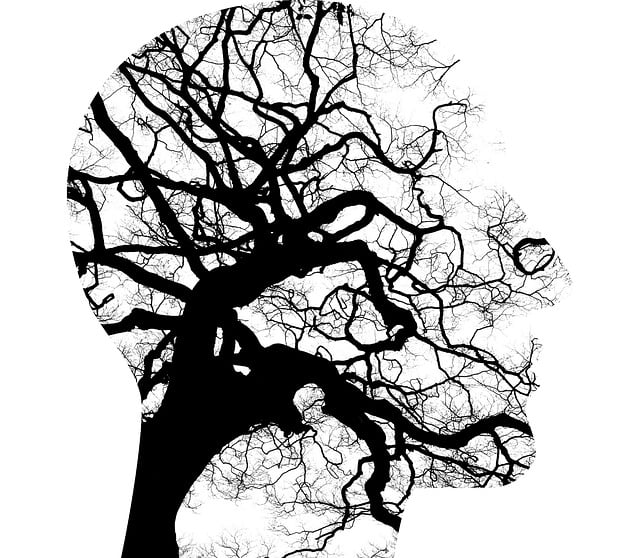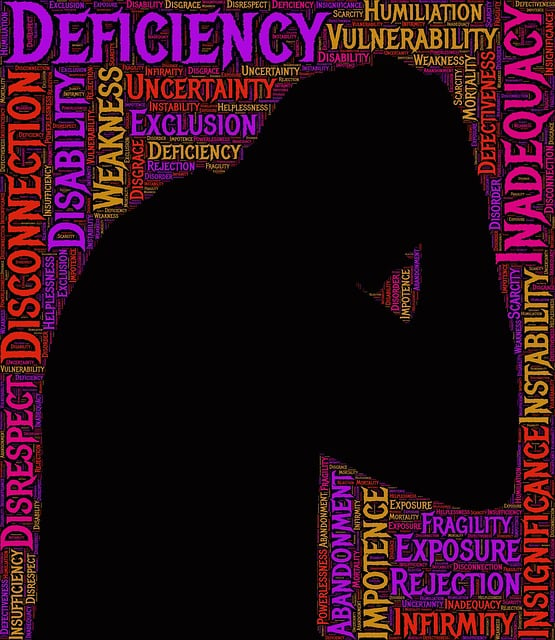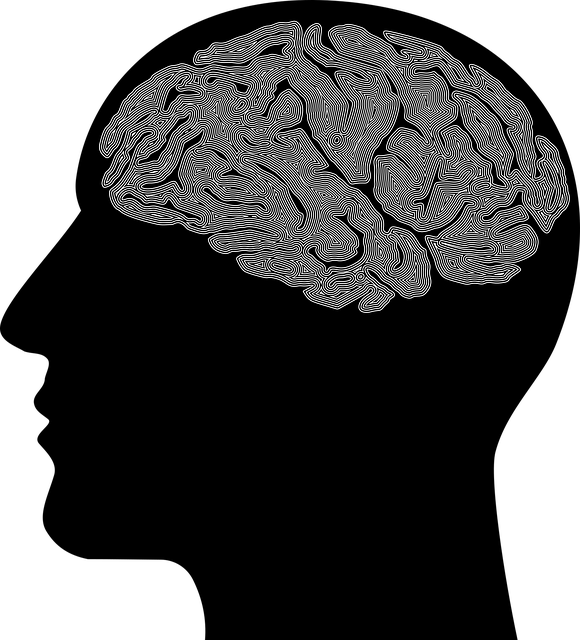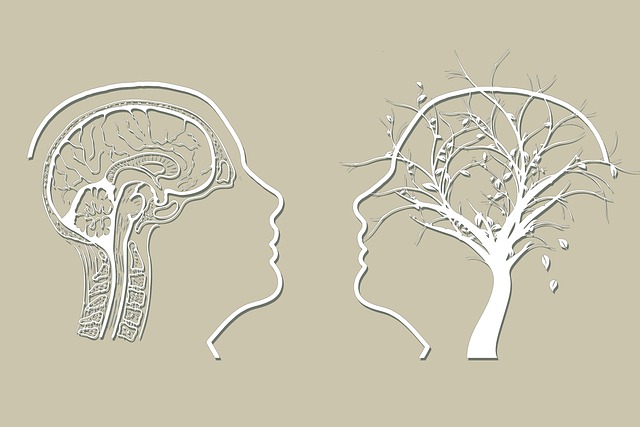Mental health advocacy, led by initiatives like Parker First Responders Therapy, is transforming care and perception. This organization offers crisis intervention and long-term strategies, promoting emotional intelligence and cultural sensitivity in healthcare. By educating communities, training first responders, and encouraging open dialogue, they break down stigma and empower individuals to manage their mental well-being. Their holistic approach, including mental health journaling and tailored counseling, has been recognized for improving access and outcomes for diverse populations.
Mental health advocacy initiatives are pivotal in shaping societal attitudes and ensuring access to support systems. This article explores the critical role of these efforts, focusing on how they drive change and improve mental well-being. We delve into successful models like Parker First Responders Therapy, which offers a community-centric approach. Understanding mental health advocacy is essential, as it empowers individuals to navigate challenges and promotes a culture of care. By examining strategies and overcoming stigma, this piece highlights the impact of advocacy in transforming public perception.
- Understanding Mental Health Advocacy: A Necessary Push for Change
- Parker First Responders Therapy: A Model for Community Support
- Strategies and Methods in Mental Health Advocacy Initiatives
- Overcoming Stigma: The Role of Advocacy in Shaping Public Perception
Understanding Mental Health Advocacy: A Necessary Push for Change

Mental health advocacy is a powerful force for positive change, pushing societal boundaries and challenging the status quo. It involves championing the rights and needs of individuals facing mental health challenges, ensuring they receive the support and understanding they deserve. This initiative is crucial in de-stigmatizing mental illness and fostering an environment where people feel safe to seek help without fear of judgment or discrimination.
Advocacy groups, such as Parker First Responders Therapy, play a vital role in educating communities about mental health, promoting early intervention, and developing coping skills. They work towards integrating emotional intelligence and cultural sensitivity into mental healthcare practices, ensuring diverse populations receive tailored support. By advocating for better access to resources and services, these initiatives aim to revolutionize the way society perceives and addresses mental well-being.
Parker First Responders Therapy: A Model for Community Support

Parker First Responders Therapy is a groundbreaking initiative that serves as a model for community support and mental health advocacy. This innovative program focuses on providing immediate crisis intervention guidance to individuals experiencing emotional distress, focusing not just on short-term relief but also on long-term strategies for self-esteem improvement. The therapy sessions are designed to create safe spaces where people can openly discuss their challenges and receive professional counseling tailored to their unique needs.
By integrating mental wellness journaling exercise guidance into the program, Parker First Responders Therapy empowers participants to take an active role in their healing journey. This approach not only enhances self-awareness but also fosters resilience, enabling individuals to better navigate future crises. The model has been praised for its holistic nature, offering a comprehensive solution that addresses the immediate needs of those in distress while laying the foundation for sustained mental wellness.
Strategies and Methods in Mental Health Advocacy Initiatives

Mental health advocacy initiatives employ diverse strategies to raise awareness and promote mental well-being. One effective method is the implementation of Parker First Responders Therapy, which provides immediate support to individuals experiencing acute mental health crises. These interventions often involve training community members, such as first responders, teachers, and peers, to recognize signs of distress and offer appropriate assistance.
Additionally, Mental Health Education Programs Design play a pivotal role in empowering individuals with knowledge about mental health, fostering self-care practices, and reducing stigma. Equally important is Healthcare Provider Cultural Competency Training, which equips medical professionals with the skills to provide culturally sensitive and inclusive care, addressing diverse communities’ unique mental health needs. Enhancing emotional intelligence through workshops and educational sessions is another strategy, aiming to improve interpersonal connections and overall emotional regulation within communities.
Overcoming Stigma: The Role of Advocacy in Shaping Public Perception

Stigma surrounding mental health remains a significant barrier to access and recovery, but advocacy plays a pivotal role in shaping public perception. Mental health advocates, like those at Parker First Responders Therapy, are on the front lines of this battle, working tirelessly to dispel myths and foster understanding. Through public education, personal narratives, and strategic communication, they break down the walls that isolate individuals struggling with mental illness.
By advocating for improved services, policies, and support systems, these initiatives ensure that emotional intelligence and effective communication strategies are at the forefront of mental health care. This not only empowers those facing challenges but also encourages a more compassionate and inclusive society where mental well-being is prioritized.
Mental health advocacy initiatives, such as Parker First Responders Therapy, serve as powerful tools for fostering community support and shaping public perception. By understanding the importance of advocacy and implementing effective strategies, we can create a more inclusive and compassionate society that prioritizes mental well-being. Overcoming stigma through education and awareness is crucial, as it enables individuals to seek help without fear of judgment. These efforts collectively contribute to a profound transformation in how we address mental health, ultimately enhancing the quality of life for those facing challenges.
